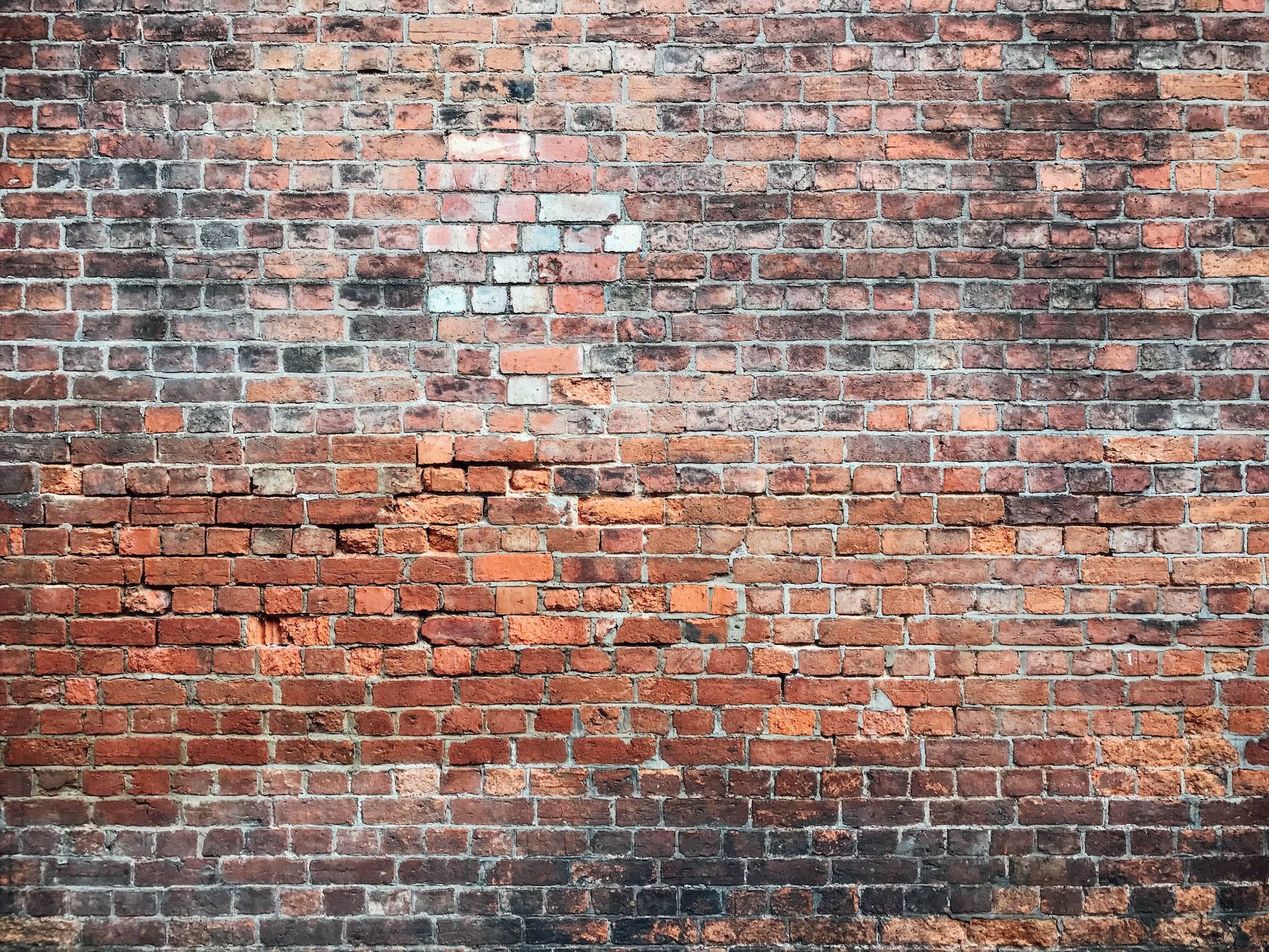DC/Adapters

February 01, 2013
Since 2013, DC/Adapters has documented over 1,000 instances of a specific visual rhetorical phenomenon in Washington, D.C.: the graphic adaptation of the municipal flag. DC/Adapters preserves these persuasive acts for scholarly study while also amplifying a vibrant and diverse regional rhetorical practice in the local community.
Originally inspired by scholarly literature on rhetorical ecologies, DC/Adapters’ research methods enact a kind of ecological fieldwork, and in its findings, it traces invention in a complex context. Experimental methods have led to experiments in form, including multiple iterations of the project website, exhibition at local events, a short film, and an “activist graffiti” project.
In terms of findings, a few stand out. First, fully one-third of the adapted flags documented represent a commercial interest of some sort, and this has held consistently true for over a decade. Commercially motivated flag adapters have proven to be a diverse group of rhetors, however: national and international businesses, small business and local commerce initiatives, and small businesses themselves, both chic and humble.
Second, a very strong correlation became visible between the geographic locations in D.C. with the densest flag adaptation activity, and the D.C. neighborhoods experiencing the most gentrification and economic and cultural displacement – all in a city experiencing some of the most severe gentrification in the U.S. There are far fewer adapted flags to be found in neighborhoods not currently experiencing gentrification, and in those that are, certain blocks, intersections, and alleyways can be veritable pop-up galleries of visual rhetorical debate between the commercial interests driving gentrification and activists and residents who resist it.
In addition to its public footprint, DC/Adapters is represented in scholarship in the following:
- “A Public Humanities Experiment,” The Routledge Companion to Public Humanities Scholarship (2024)
- “For More than Display,” Washington History Magazine (2018)
- “Field Notes on Activist Objects,” technoculture (2014)
Contact Info
mpavesi2@jhu.eduAbout the Project
Collaborators
Project Lead
Matthew Pavesich
Teaching Professor
Johns Hopkins University
Geography
Washington, D.C.
On the Web
https://www.dcadapters.orgMedia Attention
Awards
Beeck Center Award for Social Impact + Innovation
